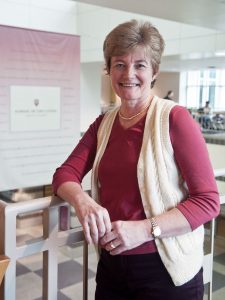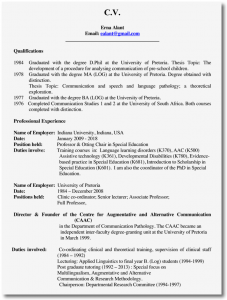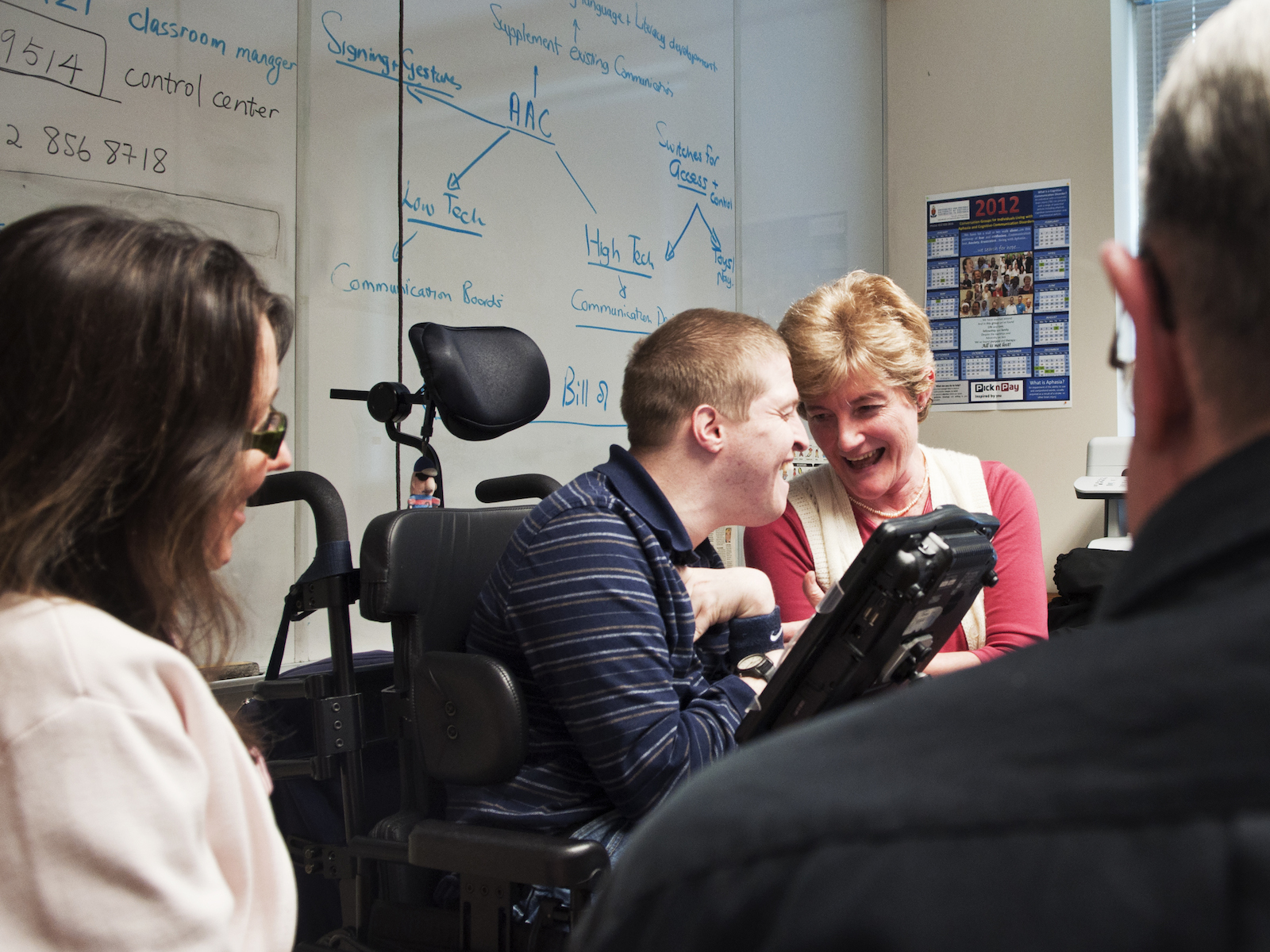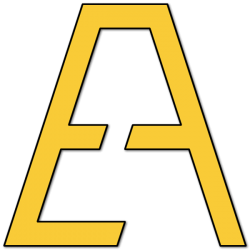Professional Background

My passion is to work with individuals who have little or no speech, their families, and teachers to help individuals and families to experience social closeness and friendship in interaction.
A speech–language therapist trained in South Africa, I came to the United States in 2009 as a Professor and Otting Chair in Developmental Disabilities at Indiana University. I now live Bloomington, Indiana, and work primarily in the field of Augmentative and Alternative Communication (AAC).
AAC is the field that promotes the use of different nonverbal strategies and technologies to help people with severe speech difficulties to express their own ideas. The overall purpose of intervention is to ensure communication for all!
Qualifications

Below is a list of my degrees. For a complete narrative of my academic and professional achievements—including work experience, appointments, research and training grants, special awards, presentations, and publications—please see my resume.
- Ph.D., University of Pretoria (1984). Thesis Topic: The Development of a Procedure for Analysing Communication of Pre-school Children.
- M.A. (LOG), University of Pretoria (1978). Degree obtained with distinction. Thesis Topic: Communication and Speech and Language Pathology; a Theoretical Exploration.
- B.A. (LOG), University of Pretoria (1977).
- Completed Communication Studies 1 and 2 at the University of South Africa (1976 ). Both courses completed with distinction.
Some Highlights from My Career
While at Indiana University, I established the AAC-in-Action Project, a collaborative venture between professionals working in schools (speech–language pathologists, along with general and special educators) and university-level professors and students to promote the use of AAC in the classroom. (See illustrative photos.)
My most recent project is the development of an online discussion forum for teachers, therapists, and parents to promote the implementation of AAC strategies in the lives of students with severe communication problems (see “AAC in Action Online Problem Solving Discussion” on my Videos page). Although this online discussion group started at Indiana University, it is free and open to all who would like to share ideas on AAC implementation.
After I retired from Indiana University, I moved to New York State and continued to work as a consultant with schools, families, and other professional colleagues to problem-solve methods for including children with severe communication problems within general education and the community. (Please see these Testimonials from some of the students and colleagues I have worked with over the years.) I have recently moved back to Bloomington, Indiana.
Before I came to the United States, I founded the Center for Augmentative and Alternative Communication at the University of Pretoria in South Africa, where I directed the Center for close to 20 years. I later received a Rolex Award for Enterprise for the work conducted there. Many of my activities in South Africa focused on directing both training and research within poverty contexts. A book I co-edited, Augmentative and Alternative Communication and Severe Disabilities: Beyond Poverty (Alant & Lloyd, 2005), represents an accumulation of ideas and strategies for implementation within these contexts.
My most recent book, Augmentative and Alternative Communication: Engagement and Participation (2016), focuses on the importance of meaning-making, social closeness, and friendships in interaction. (Learn more about my books here.)
Martin Pistorius, the author of Ghost Boy, is one of the most outstanding users of AAC that I have worked with. His tenacity and persistence have contributed significantly to my understanding of ways to assist individuals and families to focus on what really matters—i.e., meaningful interactions with each other.
I have over 30 years’ experience working within multi-cultural contexts with parents, students, and individuals with disabilities, and have done public speaking with professionals and families. I look forward to supporting you in your efforts to promote the inclusion of people with severe communication problems into our schools and communities.


